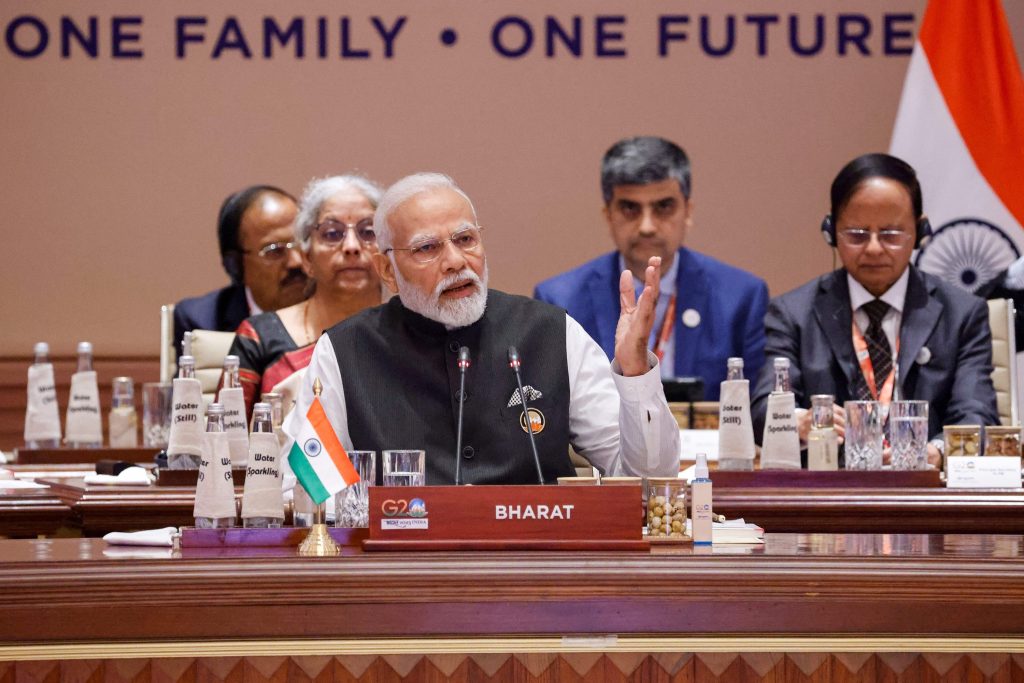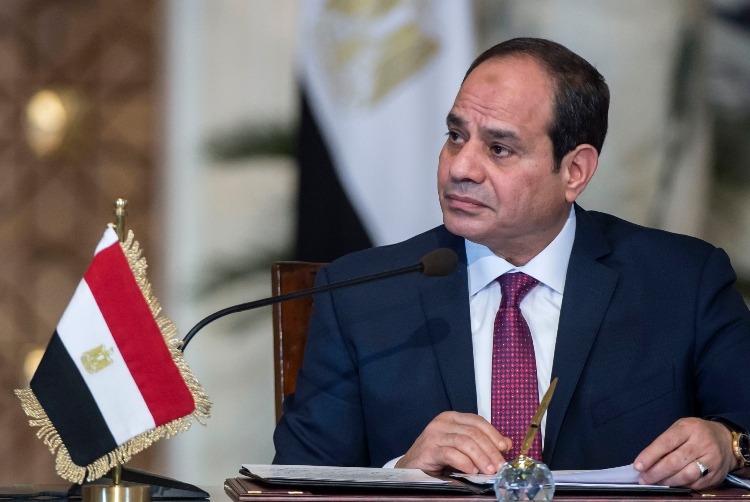With ever-increasing Arab representation in high-profile summits such as the G20, BRICS, and two Arab nations successively hosting the climate COP forum, the Middle East is taking the lead.
Oman, Egypt, and the UAE were invited by India to the G20 summit. Along with Egypt’s President Abdel Fatah El Sisi meeting with Indian Prime Minister Mahindra Modi in a number of high-profile visits this year for further cooperation between the two countries.
New deals centered around energy and ensuring global trade mobility through the India-Middle East-Europe Economic Corridor, or IMEC that connects oil-rich areas to India through a comprehensive rail network and maritime shipping.


The admission of the African Union (AU) to the G20 as a member was applauded by the Arab League and expressed its hopes that it will follow in the steps of the AU, with 10 Arab countries already part of this continental treaty.
Regional reconciliation was also on the agenda with the heads of state of Egypt and Türkiye meeting together to bring relations back to normal. However, leaders of China and Russia were absent giving the preverbal cold shoulder to rivals India and the ‘Western bloc’ in the G20.
Arab influence is undeniably on the rise and with the food and energy shortages arising from the Ukrainian conflict, Gulf countries meeting the world’s energy needs.
Growing Gross Domestic Product levels of Arab nations within the greater Global South make for an attractive investment atmosphere one ripe for expanding friendships and partnerships among developed and developing countries.
WE SAID THIS: Don’t Miss…Saudi Arabia Joins G20 Women’s Empowerment Initiative



